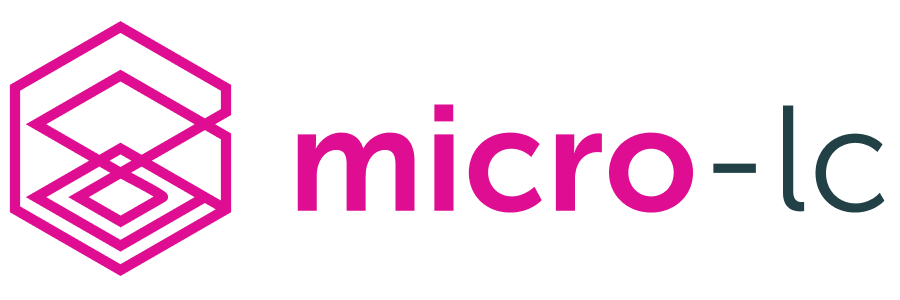micro-lc is a lightweight micro-frontend orchestrator that helps building flexible and multi-tenant frontend applications bringing together multiple micro-frontend patterns. The project started in 2021 within Mia-Platform, and was launched open source in 2022 after several months of production usage.
🎼 micro-lc is an open source micro-frontend orchestrator.
🧱 micro-lc offers a solution for building flexible, multi-tenant frontend applications.
🖼 micro-lc is well suited to build any type of web application, from classical top-bar/sidebar multi-pages websites, to CMSs, blogs, or even applications with no layout at all.
⚡ micro-lc aims to be as lightweight as possible and to improve web security.
🔗 micro-lc brings together different micro-frontend patterns inside the same application.
🏃 micro-lc consists of a core interface that loads, embeds, and orchestrates individual frontend applications at runtime, while providing configuration options and useful out-of-the-box features.
micro-lc supports three different micro-frontend patterns at the same time:
An iframe is an external websites embedded into our application. A parcel instead is a fully-fledged (possibly single-page) application which lives within the context of the main application, but is JS-sandboxed and routed. Finally, shadowed components refer to business logic encapsulation via web components which allows to protect from style leaks and to scope events using HTML5 elements Shadow DOM.
Orchestration happens at run-time so that a JSON (or YAML) configuration is all needs to add a new micro-frontend application. Configurations can be hot-swapped or edited at run time, meaning a page refresh is enough to preview your application after config changes.
micro-lc provides a smooth navigation experience between different applications, SPAs, and iframes while wrapping them in a static layout.
It ships as a CDN bundle that can be embedded into HTML pages or other scripts, and as a Docker container that can be configured with volumes.
micro-lc is heavily inspired by and based on micro-frontend orchestration tools such as single-spa and qiankun.
By orchestrating micro-frontend applications, micro-lc achieves a fair amount of benefits:
- applications written in different frameworks can live together on the same page;
- applications can be deployed independently;
- applications can communicate through standard APIs leveraging also event-driven patterns.
Compared to other tools, micro-lc provides:
- live configuration and preview;
- centralized styling APIs;
- HTML-like composition tools (lit-html);
- import map integration (es-module-shims).
- Official Documentation: micro-lc.io
- Read the official announcement: micro-lc: the new open-source project for micro frontend orchestration
- New to micro-frontends? Micro frontends: how to manage chaos in a monolithic world
- Get started with the Playground
- Rönd: a lightweight container that distributes security policy enforcement
- kube-green: a k8s operator to reduce CO2 footprint of your clusters
